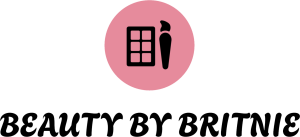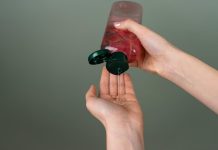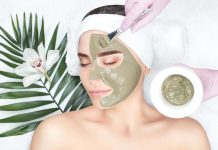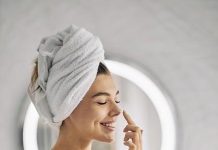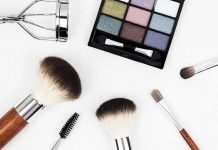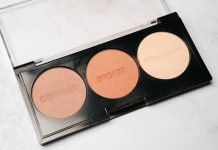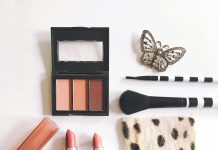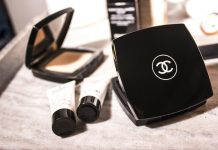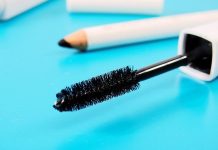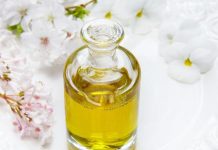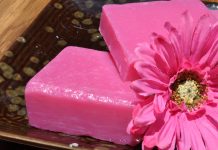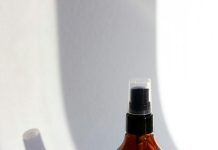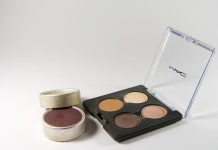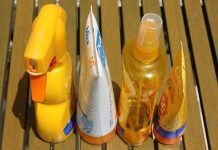In the vibrant world of beauty, where trends shift like sand dunes and promises of youth abound, a new question emerges from the glossy pages and digital screens: Is it ethical for beauty companies to market anti-aging products to teens? As the allure of eternal youth captivates even the youngest of consumers, the industry stands at a crossroads, balancing innovation with responsibility. This article delves into the complex interplay between youthful aspiration and ethical marketing, exploring whether the pursuit of agelessness should begin before the first wrinkle ever appears.
Understanding the Teenage Skincare Landscape
The teenage skincare scene is a dynamic blend of evolving needs and burgeoning curiosity. Adolescents face unique skin challenges, such as acne, hormonal changes, and sensitivity, which require tailored solutions. However, the introduction of anti-aging products into this mix raises questions about necessity and appropriateness. Teens are often in a phase where skincare should focus on cleansing, hydration, and sun protection rather than wrinkle prevention.
When exploring this landscape, it’s essential to consider the following aspects:
- Skin Needs: Teens generally need products that address acne and oil control rather than anti-aging.
- Psychological Impact: Marketing anti-aging products to teens may instill unnecessary insecurities about natural aging processes.
- Education: Providing clear information on suitable skincare routines can empower teens to make informed choices.
Understanding these factors can help navigate the complex terrain of teenage skincare, ensuring that the focus remains on promoting healthy, confident skin.
Ethical Considerations in Marketing Anti-Aging Products to Teens

The marketing of anti-aging products to teens raises significant ethical questions, primarily because it exploits insecurities at a formative stage in life. Teens are in a critical period of developing self-identity, and promoting products that suggest a need to combat aging can foster unrealistic beauty standards and self-esteem issues. The beauty industry must consider whether their campaigns are nurturing a culture of fear and inadequacy among young people.
Several ethical concerns should be addressed:
- Vulnerability: Teens are impressionable, making them susceptible to marketing tactics that might prioritize profit over well-being.
- Transparency: Clear and honest communication about product efficacy and necessity is crucial to avoid misleading claims.
- Social Responsibility: Brands should evaluate their role in shaping societal norms and consider promoting positive body image and self-acceptance instead.
The Psychological Impact of Beauty Standards on Young Minds

The relentless pursuit of beauty has long been a societal norm, yet its psychological impact on young minds remains a profound concern. Adolescents, in their formative years, are particularly susceptible to the pressures exerted by beauty standards. As they navigate identity and self-worth, the marketing of anti-aging products to this impressionable demographic can exacerbate feelings of inadequacy and anxiety.
Key effects on youth include:
- Self-esteem issues: Constant exposure to unattainable ideals may lead teens to develop negative self-perceptions.
- Anxiety and stress: The pressure to conform can result in heightened anxiety about appearance and social acceptance.
- Distorted body image: The allure of eternal youth can warp perceptions of natural aging, fostering unrealistic expectations.
By emphasizing youthful perfection, beauty companies may inadvertently contribute to a culture of insecurity. It is crucial to consider the ethical implications of targeting young consumers with products designed to counteract aging—a natural, inevitable process. Encouraging authenticity and self-acceptance could pave the way for a healthier societal approach to beauty.
Guidelines for Responsible Marketing to Adolescents

When engaging with younger audiences, beauty companies should adhere to a set of ethical guidelines to ensure their marketing strategies are both responsible and transparent. Adolescents are at a formative stage, and their perceptions can be significantly influenced by marketing messages. To promote a healthy self-image and build trust, companies should consider the following:
- Transparency: Clearly communicate the intended use and benefits of products, avoiding exaggerated claims that may mislead young consumers.
- Age-Appropriate Messaging: Ensure that marketing content resonates with the maturity level of adolescents without promoting unrealistic beauty standards.
- Parental Involvement: Encourage open discussions by providing information that can be easily shared and understood by both teens and their guardians.
- Ethical Influencers: Collaborate with influencers who advocate for positive self-esteem and responsible beauty practices.
By focusing on these principles, beauty brands can create a supportive environment that empowers adolescents to make informed choices about their skincare routines, rather than fostering insecurities or unnecessary concerns about aging.
